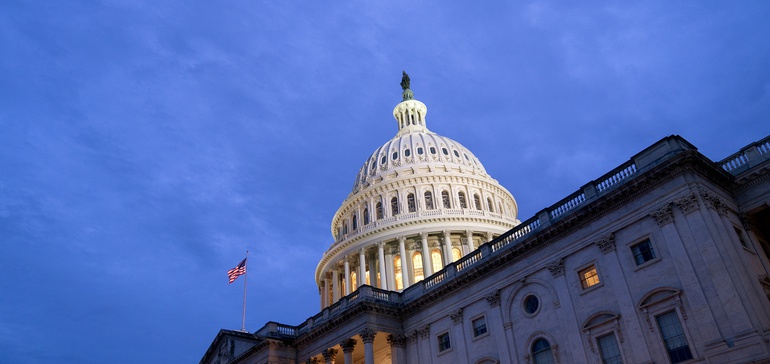
Dive Brief:
- A new MedPAC report to Congress concludes there is evidence that "access to services can be maintained with lower rates" to labs like Quest Diagnostics and LabCorp and advised policymakers to take targeted actions rather than increase all fees in the event of access issues.
-
The advice did not sit well with the American Clinical Laboratory Association, which came out blasting the report into the setting of rates under the Protecting Access to Medicare Act.
-
ACLA argued the report, which was mandated by 2019 legislation, contains "biased commentary," in the latest skirmish in the labs' war against the process used to establish the clinical lab fee schedule.
Dive Insight:
MedPAC found that including a wider range of labs in the sampling that informed the rates would have affected the rates. ACLA said the report validates concerns that reimbursement reductions resulting from "a flawed data collection process are too extreme and have resulted in unsustainable below-market rates."
However, the trade group was unhappy with other parts of the report. ACLA said it is "deeply concerned" about how the report strays "outside the clear mandate by Congress" and provides a "biased commentary" about the value of tests and the importance of robust, timely patient access.
In a public statement on the report, ACLA said it "strongly disagrees with these assertions" without calling out the specific comments that are the focus of its ire. The report contains several sections that could support the payment of lower rates to clinical laboratories.
For example, MedPAC found that "lower Medicare payments appear to have had little impact on the use of routine laboratory tests among Medicare fee-for-service beneficiaries, suggesting that access to services can be maintained with lower rates." MedPAC went further, arguing that if access issues did arise, policymakers could make targeted adjustments "instead of incorporating private-payer data from all laboratories that receive high private-payer rates."
The commission sees targeted changes to payments as a way to ensure access to specific tests "without overpaying for all laboratory tests."
Elsewhere, MedPAC observed that aggregate Medicare CLFS spending increased after the adoption of the lower PAMA rates. The commission attributed the spending increase to the use of new, more expensive tests, such as genetic tests. MedPAC has ideas about what it will take to control Medicare spending growth in a world of genetic testing.
"While the field of genetic testing is still nascent and changing rapidly, the lower average payment rate reductions (or payment rate increases) among such tests and their associated high rates of spending growth in recent years suggest that relying on private-payer rates alone will not control Medicare spending growth on these tests in the future," MedPAC wrote.
ACLA addressed the rise of tests that support personalized medicine last year after hearing MedPAC discuss whether to implement patient cost-sharing and prior authorization to keep costs down. The trade group said "such policies could roll back recent improvements to patient care," adding that "controlling utilization is outside the scope of the study mandated by Congress."
"impact" - Google News
June 17, 2021 at 08:14PM
https://ift.tt/3cMzGWc
MedPAC says lower clinical lab fees don't impact access, prompting industry ire - Healthcare Dive
"impact" - Google News
https://ift.tt/2RIFll8
Shoes Man Tutorial
Pos News Update
Meme Update
Korean Entertainment News
Japan News Update
Bagikan Berita Ini














0 Response to "MedPAC says lower clinical lab fees don't impact access, prompting industry ire - Healthcare Dive"
Post a Comment